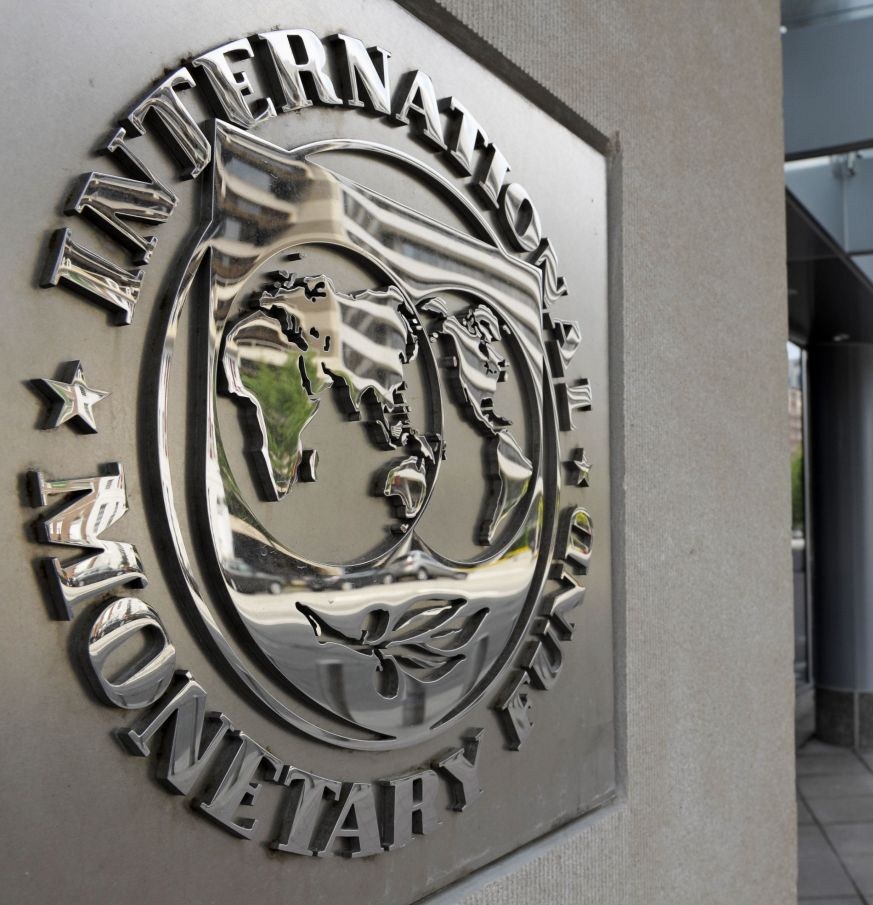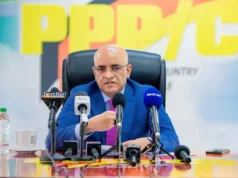Due to its acceptance of relatively short auditing timelines for expenses incurred for the exploration, development, and production phases of the Stabroek Block, the Government of Guyana may be forced, in some instances, to accept costs as reported by the operators. This is according to the International Monetary Fund (IMF) in one of its assessments of the nation’s state of preparedness for the oil industry.
The financial institution noted that the Production Sharing Agreement (PSA) Guyana signed with ExxonMobil’s subsidiary, Esso Exploration and Production Guyana Limited (EEPGL), and its two other partners, Hess Corporation and CNOOC/NEXEN, specifically states that the Minister Responsible for Petroleum has two years from the end of the calendar year in which the costs incurred by the operator can be audited. Once that time has passed, the IMF highlighted that the costs reported by the Exxon-led group are assumed to be correct.
The same PSA also notes however that the Commissioner General of the Guyana Revenue Authority (GRA) is empowered to raise an assessment for Corporate Income Tax (CIT) (which is paid out of the government share of profit oil), or additional tax, within seven years after the expiration of the year of assessment.
The Fund said that lop-sidedness in the limited timeframes between the PSA and CIT will place an additional administrative strain and urgency on both the GRA and the Minister Responsible for Petroleum to monitor and audit the costs.
Guyana is already saddled with US$460M pre-contract costs from Exxon for the Stabroek Block. That was inserted in the PSA in 2016. Those costs are yet to be audited.











